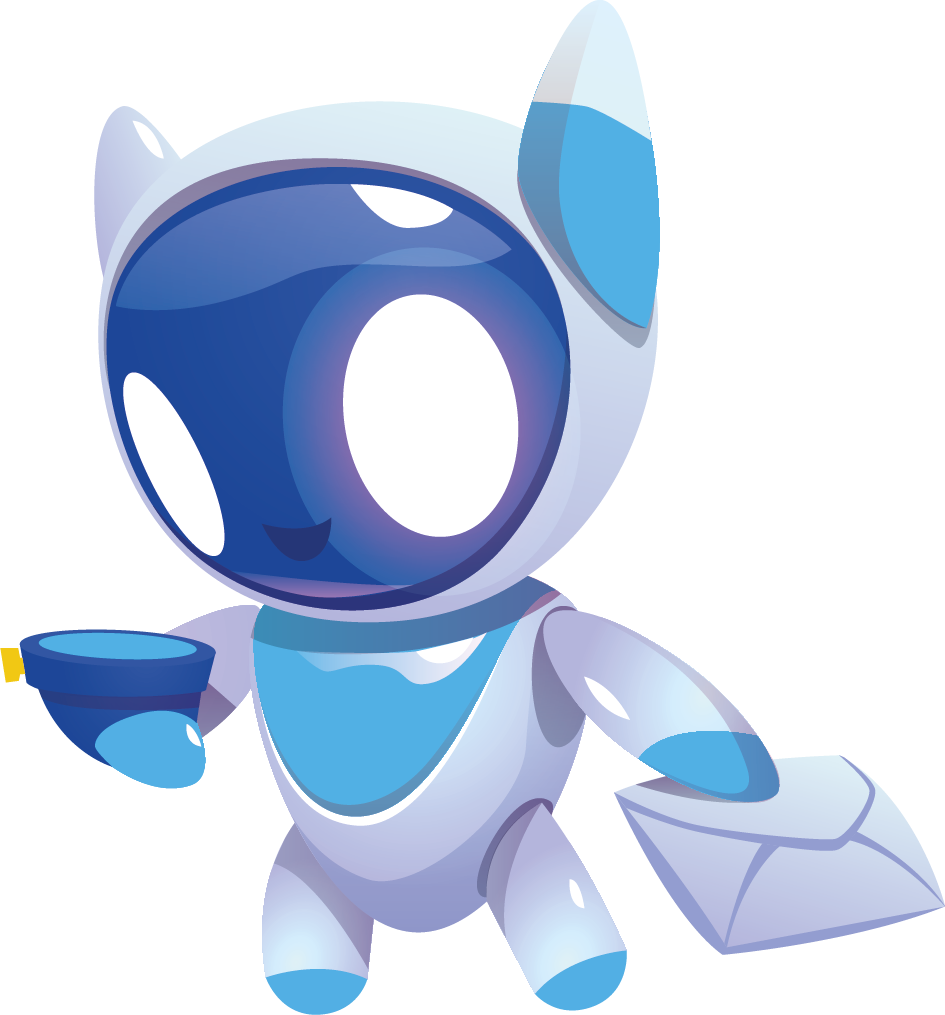Latest articles
Word of the editor
Dear Readers,
Innovations are too often hard to grasp. Buzzwords go through the press and conference rooms, but no one can really explain what is behind them or how the current trends and developments can advance their own company or institution. Medialist Innovation therefore makes innovations, trends and the future tangible. With current news from business, technology and marketing, but also with podcast and video formats, we prepare you for the future. So dive into the tracks of change and let's shape the world of tomorrow together.
Yours
Alexander Pinker Innovation-Profiler & Future Strategist









